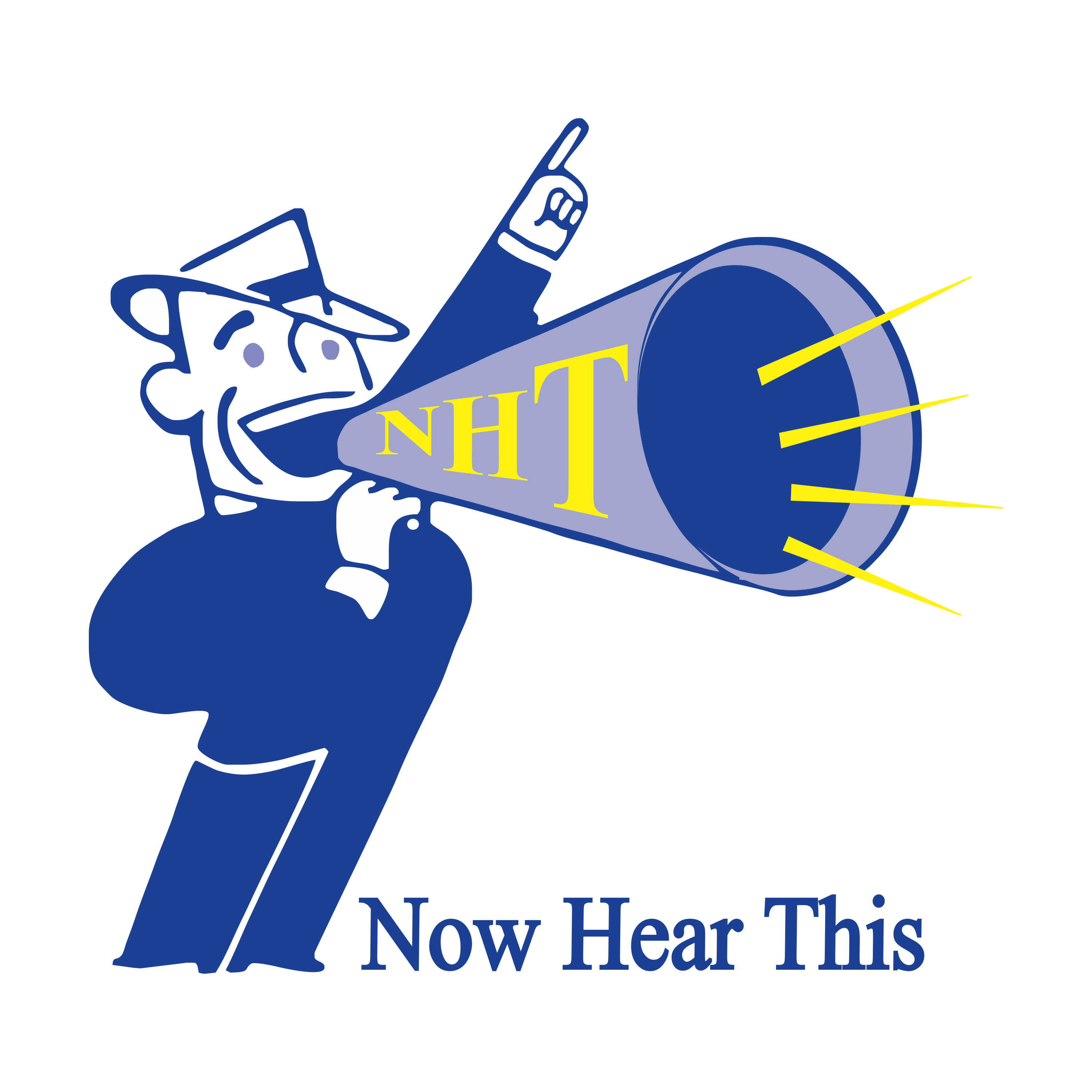Two weeks ago we presented a guest blog that talked about the importance of your original songs being in the right key. Consider today’s guest blog to be a follow-up in that it talks about crafting the message itself, although this lesson can be transferable outside of songwriting. Whether you are writing a book, a blog, an article, a screenplay, a song lyric, or even an ad or a presentation of any kind, the same principle applies. You need something that connects with the audience. It’s thought of as an elusive concept but it’s actually quite simple. And the most common mistake people make is the one that’s most easily avoided.
Whether you are writing a book, a blog, an article, a screenplay, a song lyric, or even an ad or a presentation of any kind, the same principle applies. You need something that connects with the audience. It’s thought of as an elusive concept but it’s actually quite simple. And the most common mistake people make is the one that’s most easily avoided.
The key to getting interest in what you have to say may require many things; a good sense of storytelling, a quick pace, a likable topic. But more than anything else, what should always be kept in mind over everything else is to always ask yourself one simple question… Why does the listener care?
That is the mistake I see made more than any other. Even when writing a résumé, more than your personal accomplishments, what best “sells” you to someone is how you can be of value to them. And that is also the secret to the difference between successful writing and a failed attempt. (Well, a very important one in the least.)
Write What You Know — Not Really
This is an expression that’s been handed down for generations among all forms of writing — write what you know. You hear it all the time. Yet, it’s a misconstrued method that can be the very cause of really bad writing. Sure, if you know nothing about 16th century France, it’s a safe bet that you shouldn’t write a screenplay that takes place in 16th century France. But the mistake most people make when “writing what they know” is telling a personal story that does not translate to others.
Another tip – Don’t try to be clever or cryptic. Ambiguity is a risk. Be clear in what you want to say and what you want the reader to feel.
The Difference Between Journalism and Storytelling
Journalism is the craft of presenting the information as accurately as possible. It’s the who, when, where, and what time approach. But if you want to reach people on an emotional level, you have to get them to feel something. You have to relay an experience which with they subscribe. Now, if you can translate a personal situation that others can relate to, THAT is good personal writing. But understand, it’s the reader’s reaction that matters — not yours.
A good example is the Simon and Garfunkel opening line, “Hello darkness my old friend.” Right out of the gate you know this is something the author has felt, however the sentiment is immediately relatable. We’ve all felt loneliness. We’ve all been familiar with its gloom. The song instantly puts the listener in that place, and we’re hooked. If that opening line was, “I went back to my room alone like I’ve done many times and didn't turn the lights on,” well, it wouldn’t have quite the same impact. In other words, what you say must resonate with others, and as many people as possible. Say it in a poetic way and the message is stronger. Try to be too poetic and it may come off stilted. It's a delicate balance.
Bottom line: It’s all about getting your message through and staying aware of if it’s working or not. It is as simple, and as difficult, as that.
Talk about your writing challenges and victories in our Facebook group.
Nelson Montana is a composer, arranger, author, and actor. He plays ELEVEN different instruments and was the guest on Episode 72 of “Now Hear This Entertainment.” At the time he had released four CDs, had over 250 videos on YouTube, and written for several magazines, with more than 300 articles published. Find more about him, including his session work, lessons, and more at www.NelsonMontanaMusic.com.
Bruce
2 October 2017
By: Nelson Montana
